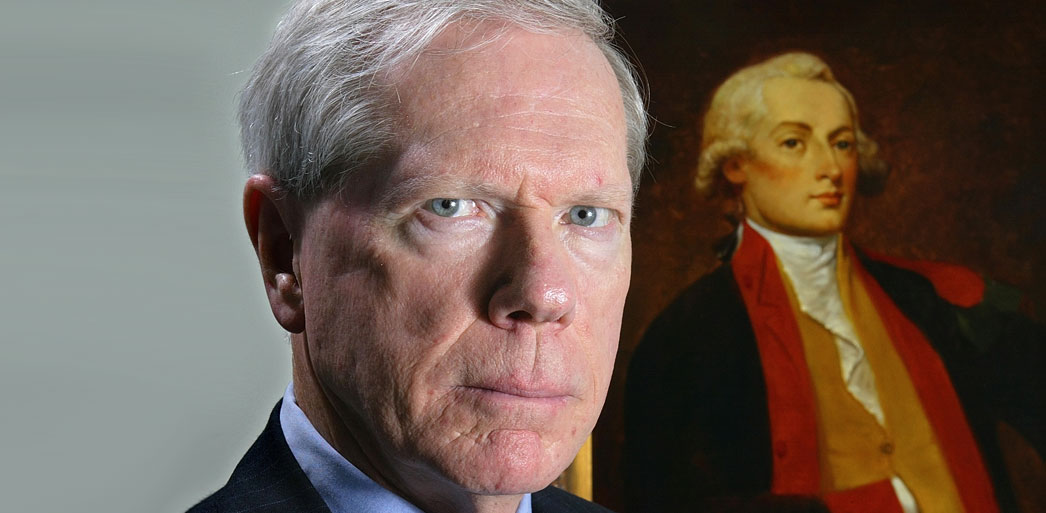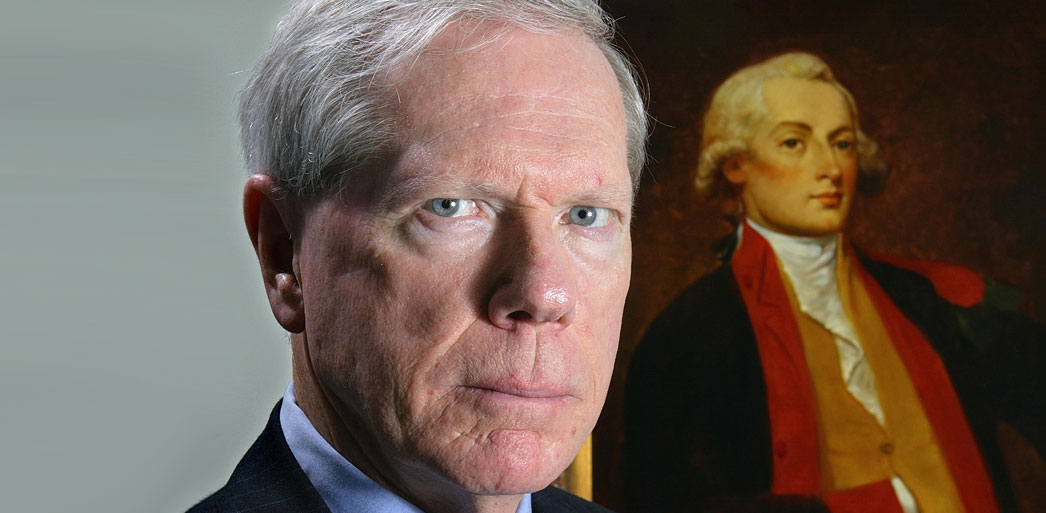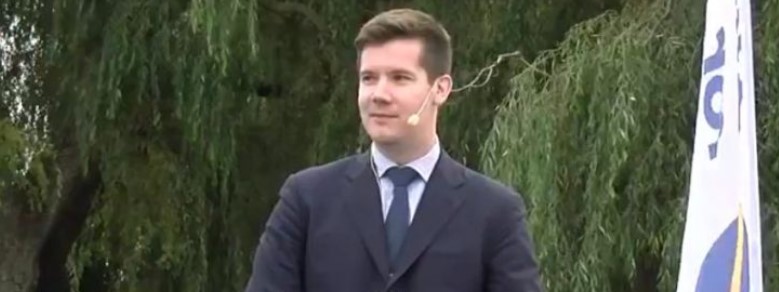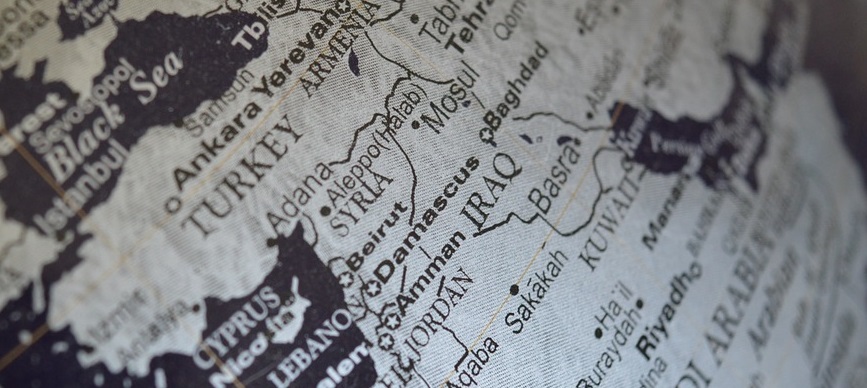Turkey and Syria meeting in Moscow may result in peace plan
Last week, the Foreign Ministers of Turkey and Syria met in Moscow. This is the highest level meeting between the two countries who have been on opposite sides of the US-NATO war on Syria for regime change since 2011.
Published: January 15, 2023, 7:45 am
The outcome of that meeting, and the expected follow-up meeting between Turkish President Recep Tayyip Erdogan and Syrian President Bashar al-Assad, may form the basis for the recovery of Syria, circumventing the UN resolution 2254, which has failed to produce results.
The US has lost the war, but has used armed militias to remain occupying parts of Syria, and to impose a stalemate which prevents a peaceful solution and recovery for Syria. America is no longer the only superpower, and decisions made in the new Middle East no longer depend on orders from the US State Department.
Erdogan is up for re-election in June and faces heavy opposition. The economy is dismal, and people blame the Syrian refugees for lost jobs and social ills. Erdogan and the opposition promise to send the refugees packing.
The Turkish export market to Syria in 2011 represented half of the entire global export market for Turkey. That was lost when Damascus banned all Turkish imports because of their participation in the war on Syria. Erdogan could get the Syrian market restored by repairing the relationship.
In order to win re-election, Erdogan proposes a rapprochement with Assad. The US has voiced its displeasure at any attempt of any country to repair relations with Syria. However, Erdogan will not be swayed by US opinion or threats, in light of the fact that the US supports, trains and supplies weapons to the Kurdish militia (SDF and YPG) linked to an internationally banned terrorist organization (PKK), which have killed thousands in Turkey over three decades of terrorism. The Kurds know that Turkey is a much more important ally to the US, and the US will never fight Turkey to save the Kurds. Former US envoy to Syria, James Jeffrey, told the Kurds they should repair their relationship with Damascus for protection. The US never supported a “homeland” for the Kurds.
Syria and Turkey are united in their goal to demilitarize the Kurdish northeast of Syria. Syria and Turkey share a common enemy (the Kurds), and a common ally (Russia). This may be the basis of forming a new foreign policy between the two neighbors.
Syria
Syrian officials have met with Turkish officials and Arab Gulf officials. Some Arab embassies in Damascus were re-opened, and Assad made a visit to the UAE.
“Yankee Go Home!” Russia, Iran, Turkey Agreement: US Troops Must Leave Syria
The Assad administration in Damascus controls the vast majority of the Syrian territory. The exceptions are: Idlib province in the northwest is under the occupation of Hayat Tahrir al-Sham, a Radical Islamic terrorist group which was the former Al Qaeda branch in Syria, and the Kurdish administration region in the northeast under the occupation of about 600 US troops and two local Kurdish militias (SDF and YPG) which follow a communist political ideology first promoted by the jailed PKK leader, Abdullah Ocalan.
Syria and Russia have been prevented from attacking and liberating Idlib from terrorist control. The US uses the three million civilians living under occupation as human shields to prevent attack. The US and its allies in the UN demand that the UN food and medical supplies be delivered to Idlib. The civilians are being fed and clothed, but the terrorists and their families are as well. The international community is supporting the welfare of the terrorists, who are there at the behest of the US, to prevent peace and recovery in Syria. Despite the UN protocol which demands all UN members to fight Al Qaeda, or their affiliates, anywhere on earth, the US and Turkey have circumvented the protocol and use the terrorists as guards of the political stalemate which the US imposed on Syria.
The US
America has maintained an iron grip on Syria through the use of US sanctions and a brutal military occupation which has prevented the Syrian citizens from fuel for transportation and home heating, and to generate electricity. Syrian houses, hospitals, schools and businesses have between 15 minutes to 1 hour of electricity in four intervals per day because of the US imposed sanctions, which have not affected the Syrian government, but have brought the Syrian people to desperation. Kidney dialysis machines require electricity constantly. A gasoline powered generator can suffice when there are blackouts, but the US sanctions also prevent the importation of gasoline. How can Syrians survive?
Despite Richard Haass writing in 1998 that US sanctions are ineffective and immoral against civilians, the US State Department hangs on to sanctions as a tool for regime change.
Iran
Iran and Syria have been united in their resistance to the occupation of Palestine Golan Heights and Shebaa Farms. Iran stood firmly with Syria during the US-NATO attack on Syria because it is a key in the land route from Iran to Lebanon. Recently, there are some cracks appearing in the relationship between Damascus and Tehran. Iranian President Ebrahim Raisi’s meeting in Damascus was postponed recently. Some experts feel Iran has been asking too much of Syria, and with new opportunities for improved relations with the Arab Gulf and Turkey, Syria may be taking time to evaluate its options.
Israel, Saudi Arabia, and other Arab countries want to see Iran out of Syria. As long as Iran is in Syria the Israeli airstrikes will continue, which have been deadly and destructive.
There were 32 Israeli raids in 2022 that destroyed and struck 91 targets, including civilian infrastructure, buildings, weapons caches and vehicles. Eighty-eight military personnel were killed and 121 wounded in the attacks.
Saudi Arabia
Saudi Arabia is the United States’ largest foreign military sales customer, with more than $100 billion in active cases. In the US there is a saying, “The customer is always right.”
Perhaps this may explain why the US takes no action against Saudi Arabia even when there have been deadly issues, or when Biden asked the Crown Prince Mohammed bin Salman (MBS) to pump more oil, and he refused.
MBS is making huge reforms, which includes loosening restrictions on women, and creating new tourism and international sports opportunities.
MBS and Netanyahu are united in a common issue: to prevent Iran from obtaining a nuclear weapon, despite Iran insisting on wanting nuclear capabilities for peaceful purposes, such as energy production and medical research. Netanyahu has stated one of his main priorities in office will be to normalize relations with Saudi Arabia.
The Arab League
The upcoming Arab League Summit will take place in Saudi Arabia, traditionally scheduled yearly in March. Depending on the outcome of meetings between now and spring, Syria could possibly be reinstated and occupy their seat at the table. Big changes have been taking place in the region involving the relations between Arab countries and the US, China and Russia. Saudi Arabia is in the driver’s seat and will use their hosting of the summit to project their ranking as the Middle East’s power broker.
Israel
Israeli Foreign Minister Eli Cohen has announced that the next Abraham Accords summit will be held in Morocco in March 2023.
The US had brokered in 2020 the Abraham Accords for the normalization of relations between Israel, Morocco, the UAE and Bahrain. Later, Sudan joined the accords. Areas of shared interests are: defense, investment, agriculture, tourism, and energy.
The meetings and realignments between Syria and Turkey, mediated by Russia, may produce lasting changes in the Middle East, and bring enemies together as new friends. The Israeli occupation of Palestine will continue to be the primary cause of instability and violence in the region. It fuels religious extremism and terrorism. If Israel values the establishment of relations with their Arab neighbors, they must first look at their closest neighbors in Gaza and the West Bank. The Middle East and the world wait for a peace summit to begin the process of peace for Israel and Palestine, and the host country will not likely be the US.
<em>Steven Sahiounie is a two-time award-winning journalist.</em>
All rights reserved. You have permission to quote freely from the articles provided that the source (www.freewestmedia.com) is given. Photos may not be used without our consent.
Consider donating to support our work
Help us to produce more articles like this. FreeWestMedia is depending on donations from our readers to keep going. With your help, we expose the mainstream fake news agenda.
Keep your language polite. Readers from many different countries visit and contribute to Free West Media and we must therefore obey the rules in, for example, Germany. Illegal content will be deleted.
If you have been approved to post comments without preview from FWM, you are responsible for violations of any law. This means that FWM may be forced to cooperate with authorities in a possible crime investigation.
If your comments are subject to preview by FWM, please be patient. We continually review comments but depending on the time of day it can take up to several hours before your comment is reviewed.
We reserve the right to delete comments that are offensive, contain slander or foul language, or are irrelevant to the discussion.

The inflation hoax
Yes, prices are rising, but not for the reasons the Federal Reserve says. When I say inflation is a hoax, I mean the purported cause is a hoax. The Fed is fighting a consumer inflation, a “demand-pull” inflation. But what we are experiencing is a supply-side inflation caused by the Covid lockdowns and economic sanctions that closed businesses, disrupted supply chains, and broke business relationships while reducing energy supplies to the UK and European countries, thus forcing up costs in a globalized economy.

Two-Party Pox: The Republicans suck and the Democrats want to kill you
The Republican Party has never stood up for Americans, will never stand up for them and is not going to do what it takes. Past is prologue.

Russia’s loss at Kharkov highlights crippling shortage of men
KharkovThe frontline in this case relied on heavily outnumbered 2nd rate Lugansk draftees plucked from the LPR.

A country without an honest media is lost
For some time I have reported to you that in place of a media, a media that our founding fathers relied on to protect our society, the United States has had a propaganda ministry whose sole purpose is to destroy our society.

Sweden’s decaying democracy
A journalist is arrested and dragged out of the Gothenburg Book Fair because he politely asked a powerful politician... the wrong questions about his support for the ethnically-cleansed Zimbabwean dictatorship. Not only journalists, but academics and bloggers are being hounded by the leftist establishment daily. And the leftists have all the nasty instruments of the state at their disposal. Citizen reporter Fabian Fjälling looks into their excesses.

The geopolitical future of Nordic countries
Between unity and disunity, independence and foreign interference: Nordic countries have to either choose between creating an independent neutral block in the North, or seeing the region being divided between the great powers.

Russian, Chinese intelligence: ISIS heading for Central Asia with US cover
Operatives of the crumbling Islamic State in Syria and Iraq (ISIS) are moving to new battlegrounds near the Russian border, intelligence sources have revealed.

The unraveling of US/Russian relations
Washington has taken nuclear war against Russia from a hypothetical scenario to a real danger that threatens the future of humanity.

Hero commander killed in Syria – when the war is nearly won
For most Syrians it came as a shock: One of the most popular military commanders of the Syrian Arab Army, Issam Zahreddine, was killed on 18 October 2017.




No comments.
By submitting a comment you grant Free West Media a perpetual license to reproduce your words and name/web site in attribution. Inappropriate and irrelevant comments will be removed at an admin’s discretion. Your email is used for verification purposes only, it will never be shared.